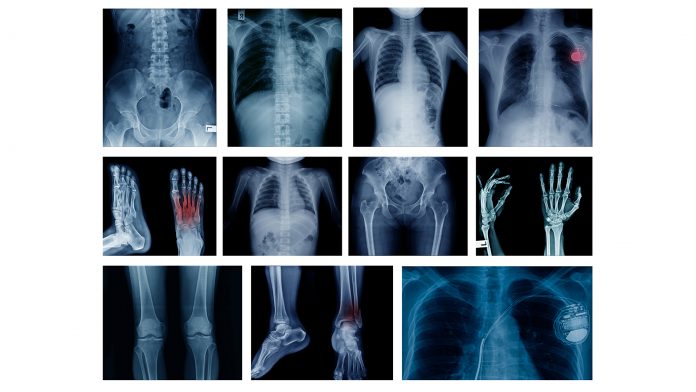
EULAR President Professor Johannes Bijlsma gives us an insight into the world of rheumatic and musculoskeletal diseases and the potential burden it could bring to those suffering.
Rheumatic and musculoskeletal diseases (RMDs) are placing a huge – and growing – strain on European societies and their taxpayers. This disease area includes well-known afflictions such as rheumatoid arthritis, osteoarthritis, low back pain and many others, and affects one quarter of the EU population (120 million), making it the greatest cause of disability and impairment, accounting for nearly 30% of years lived with disability in the EU.
Carrying life-threatening and debilitating consequences, RMDs are the main cause of work loss, absenteeism and premature retirement. The estimated cost associated with productivity lost stands at 2% of the EU’s gross domestic product (GDP) alone.
What do you know about rheumatic and musculoskeletal diseases?
With a sharp increase in the occurrence of rheumatic and musculoskeletal diseases in Spain since the year 2000, illness costs relating to RMDs in Germany at 11.2% of national healthcare expenditure in 2008 and, in the same year, Ireland’s total drug expenditure for RMDs sitting at over 6%, early diagnosis and access to care to diagnose and facilitate the participation of people affected by an RMD in the working world is imperative. This will help to reduce the burden on individuals, the economy and health and social care systems.
In Europe, an extra one million employees could be in work each day if early interventions were more widely accessible for people with RMDs.
Furthermore, adequate working conditions and workplaces would allow a large proportion of people with RMDs to participate in the labour market rather than remain at home on sick leave or take premature retirement at a young age.
Crucial for recognition
Recognition of the positive return on investment from health research and innovation is crucial; every Euro invested in research on rheumatic and musculoskeletal diseases delivers a return equivalent to around 25 cents year-on-year.
The European League Against Rheumatism, EULAR, is committed to increasing the participation of people with RMDs in work by 2023 and the Time2Work campaign is an important part in achieving this goal – and contributing positively to the EU as a whole, including through individual tax relief. It is possible to identify solutions to enable those affected with RMDs to live a life that can be managed – and professionally productive.
Time2Work is part of EULAR’s ongoing Don’t Delay, Connect Today campaign which is committed to raising awareness of the importance of early diagnosis of RMDs. Early diagnosis, early referral to a rheumatologist and early access to effective treatments are known to improve outcomes, quality of life and the ability to work, but diagnosis is often delayed or never received.
References
- Bevan, S. Economic impact of musculoskeletal disorders (MSDs) on work in Europe. Best Practice & Research Clinical Rheumatology. 2015;29(3):356-373
- Global Burden of Disease Study (https://vizhub.healthdata.org/gbd-compare/)
- Lard LR, Visser H, Speyer I, et al. Early versus delayed treatment in patients with recent-onset rheumatoid arthritis: comparison of two cohorts who received different treatment strategies. The American Journal of Medicine. 2001;111(6):446-51.
- Panjwani S. Early Diagnosis and Treatment of Discoid Lupus Erythematosus. Journal of the American Board of Family Medicine. 2009;22(2):206-213.
- Tosteson AN. Early discontinuation of treatment for osteoporosis. The American Journal of Medicine. 2003;115(3):2090-216.
- Woolf AD, and Gabriel S. Overcoming challenges in order to improve the management of rheumatic and musculoskeletal diseases across the globe. Clinical Rheumatology. 2015;34(5):815-817.
Professor Johannes W. J. Bijlsma,
EULAR President









